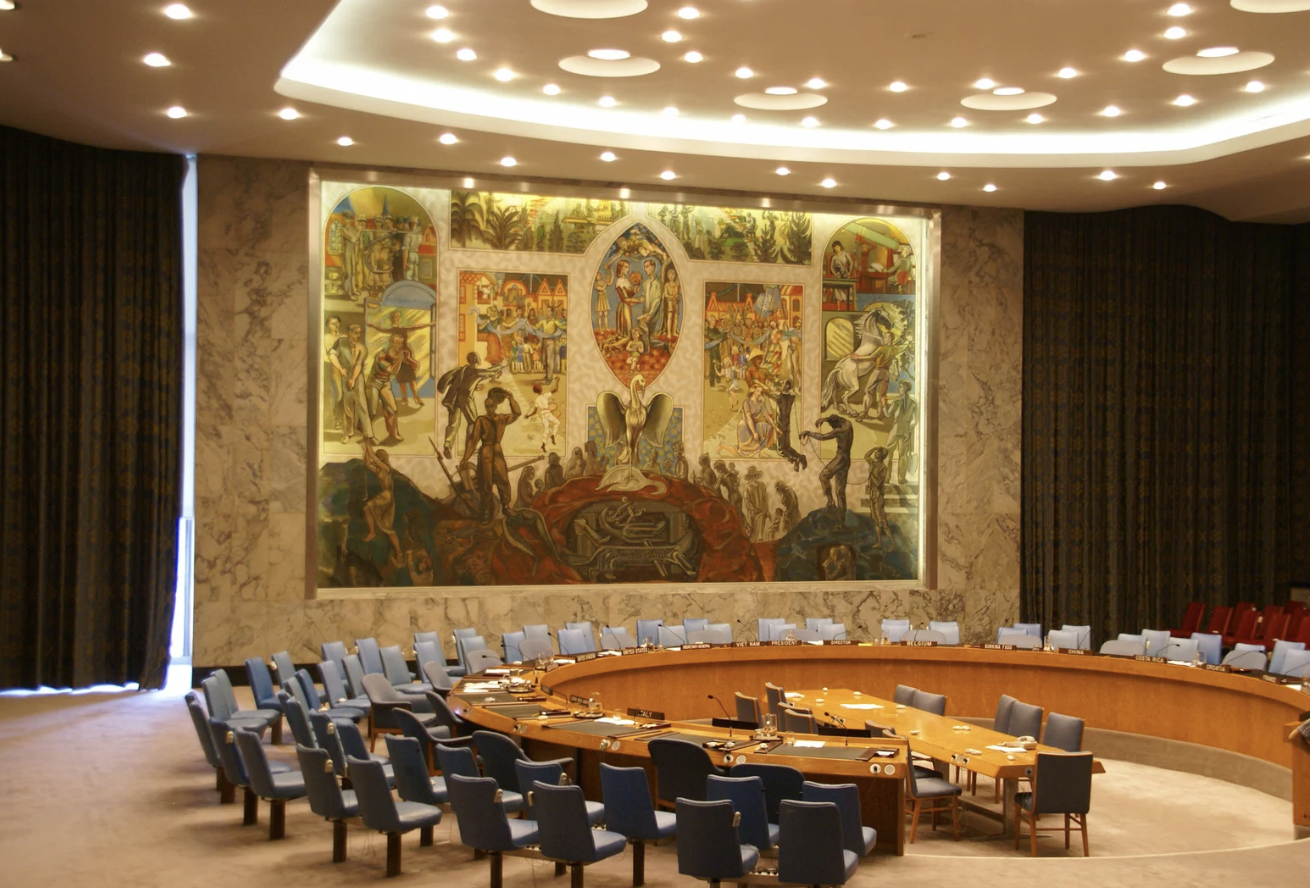Anúncios
As preparations for the second global Ocean Conference, which will take place in Portugal in a few months, the President of the United Nations General Assembly said on Tuesday that the conference is expected to be “a critical moment” for the health of life both on land and in the ocean.
The statement made by Tijjani Muhammad-Bande is that “life under water is essential to life on land.” Oceans are responsible for producing “half of the oxygen we breathe” and providing sustenance for millions of people all over the globe. They also play a “fundamental role in mitigating climate change as a major heat and carbon sink due to their importance.”
One of the goals of the Ocean Conference, which will take place in Lisbon from June 2nd to June 6th, is to encourage the development of scientifically-based creative solutions in the form of global ocean action.
Aquaculture is the food industry that is expanding at the quickest rate, and fisheries are responsible for the employment of 350 million people throughout the globe. As a result, the global ocean economy is estimated to be worth around $1.5 trillion dollars annually.
He said that a healthy marine ecosystem had an unfathomable potential for accomplishing all of the goals that are outlined in the Sustainable Development Agenda. The capacity of our ocean to provide for all of us is being threatened by a number of factors, including pollution, climate change, and the usage of ocean resources in a manner that is not even remotely sustainable.
The enhancement of life beneath water
Acceleration is required in order to meet the Sustainable Development Goal (SDG) objectives that are expected to be reached this year. Two-thirds of these targets are related to the health of our environment, and this year is the first year of the Decade of Action and Delivery.
Mr. Muhammad-Bande elucidated that in order to reframe our perception of nature as an accelerator for the implementation of the 2030 Agenda, it is necessary for us to achieve many objectives connected to Sustainable Development Goal 14 (SDG 14): Life Under Water.
He made the observation that there is a “symbiotic relationship” between life on land and life in the ocean, and he also said that pollution hinders the ocean’s capacity to provide for humans.
He made reference to the ministerial declaration that was issued by the United Nations Environment Assembly in the previous year, which called for a reduction in the use of single-use plastic products by the year 2030. He considered this declaration to be an example of “multilateral commitment to forging a better world.” He emphasized the significance of emulating this leadership at the Ocean Conference in order to “ensure that the declaration has a transformative impact on life under water.”
The state of the ocean
Coral reefs are home to a quarter of all marine life; however, half of them have been destroyed, which has a negative influence on the food security of the whole world. In addition, fishing that is not recorded, prohibited, or restricted puts additional strain on ecosystems.
Further, the increase in sea level that is caused by climate change presents a danger to the very existence of the world, with tiny island developing states being at the forefront of this concern.
To show our support and solidarity with them, we must stand alongside them. “This is for all of us,” the President of the Assembly said, drawing further attention to the fact that enhancing the health of the ocean is “key to safeguarding our future.”
He said that the transition to a green economy is “essential to protect our oceans and our world,” referring to the fact that the commencement of the Decade of Ocean Science for Sustainable Development would take place the following year.
Use of the ocean in a sustainable manner
The five most significant challenges that the seas are now experiencing were identified by Peter Thomson, who is also a former President of the General Assembly and serves as the Special Envoy for the Ocean.
It is “eminently fixable by 2030” to address both the issue of pollution, which includes everything from plastics to industrial agricultural wastewater, as well as the issue of the viability of fisheries in view of hazardous activities.
Nevertheless, the issues related with acidification, deoxygenation, and ocean warming, all of which are linked to emissions of greenhouse gases, are more difficult to repair.
“We find ourselves in a much longer fixing period when it comes to those three,” he added, emphasizing that even while they would continue for hundreds of years “even if we do the right thing tomorrow,” we must begin doing so that “we can start turning the corner.” We must begin doing so in order to begin turning the curve.
“Tipping points that are positive”
Putting up the assertion that “positive tipping points” are “closer than you think,” Mr. Thomson advised everyone to concentrate on these points.
He went on to clarify that these options include “scaling up of science and innovation” as well as other solutions “that we will be concentrating on in Lisbon.”
“We are now on the cusp of a great positive revolution,” the United Nations ambassador said, referring to the “strong will” of developing nations to engage in sustainable agriculture, windfarms, and the greening of shipping. He also mentioned that “people are becoming more environmentally conscious.”
The vicious loop of the climate catastrophe
In addition, when appearing at a news conference for journalists in New York, the Secretary-General of the United Nations, António Guterres, emphasized the significance of oceans in relation to the ongoing climate catastrophe and the potential solutions to lessen its impact.
In his explanation, he said that “as oceans warm, ice melts, and we lose the vital service that the ice sheets perform, which is to reflect sunlight, which further increases ocean warming.”
The melting of ice and the warming of the seas both contribute to the increase in sea levels and the evaporation of more water, which “fuels ever greater rainfall, threatening coastal cities and deltas.”
According to the head of the United Nations, ocean temperatures and mean sea level hit “their highest on record” in the previous year. This led to the revelation that experts now believe that ocean temperatures are increasing at a rate that is comparable to five Hiroshima bombs being dropped every second or so.




